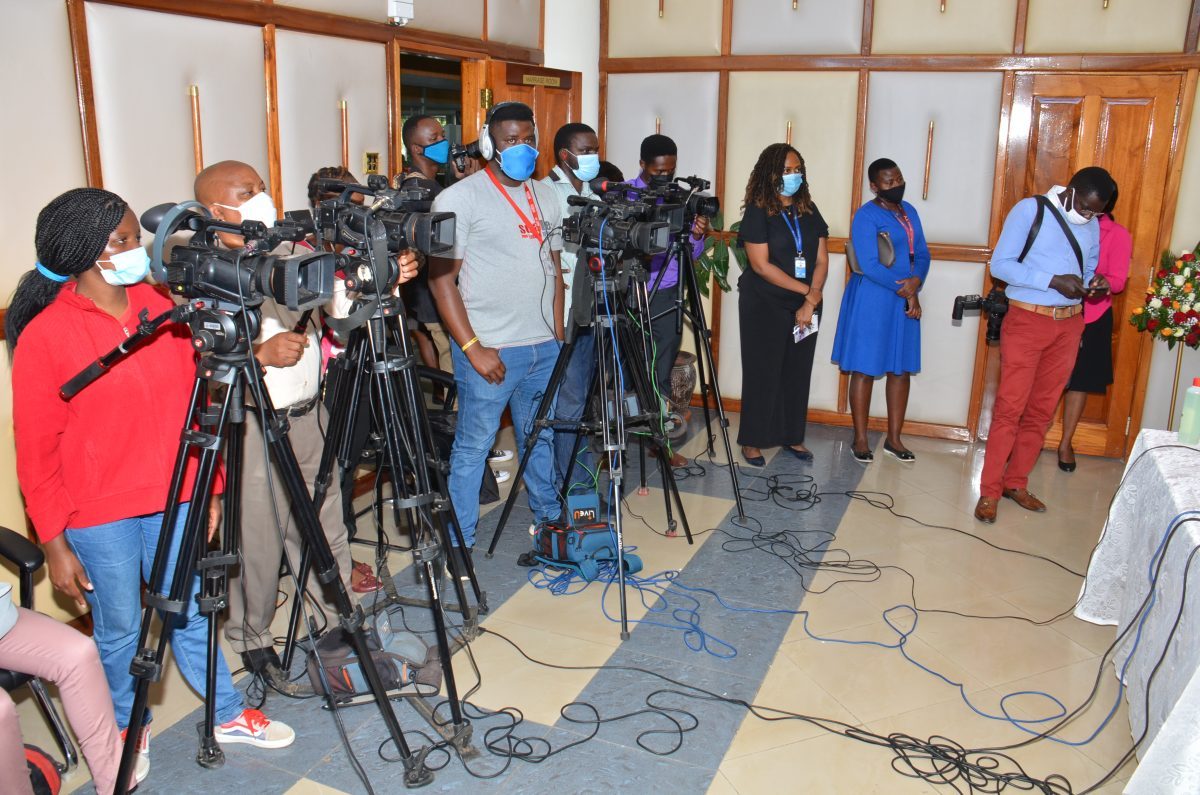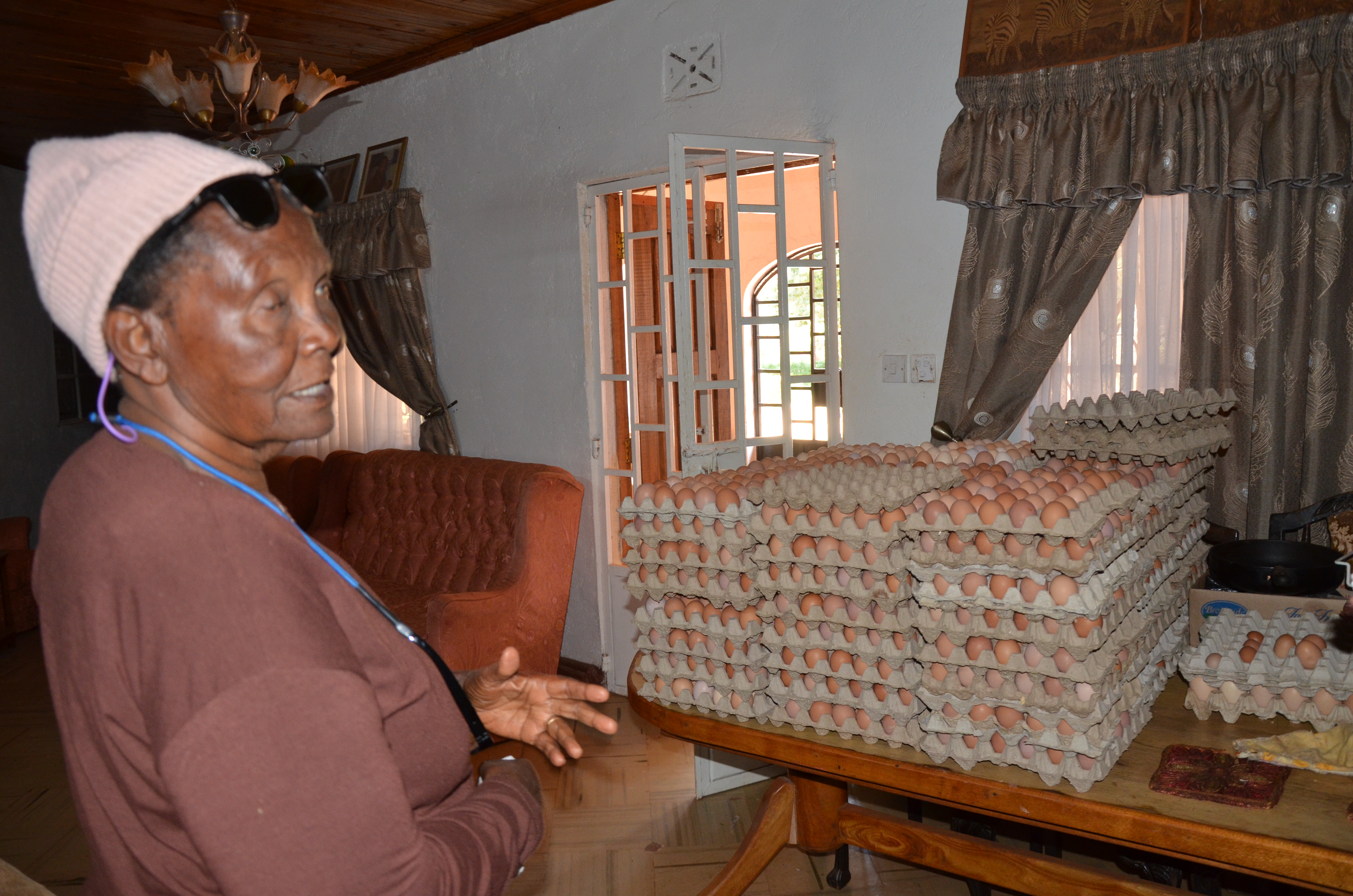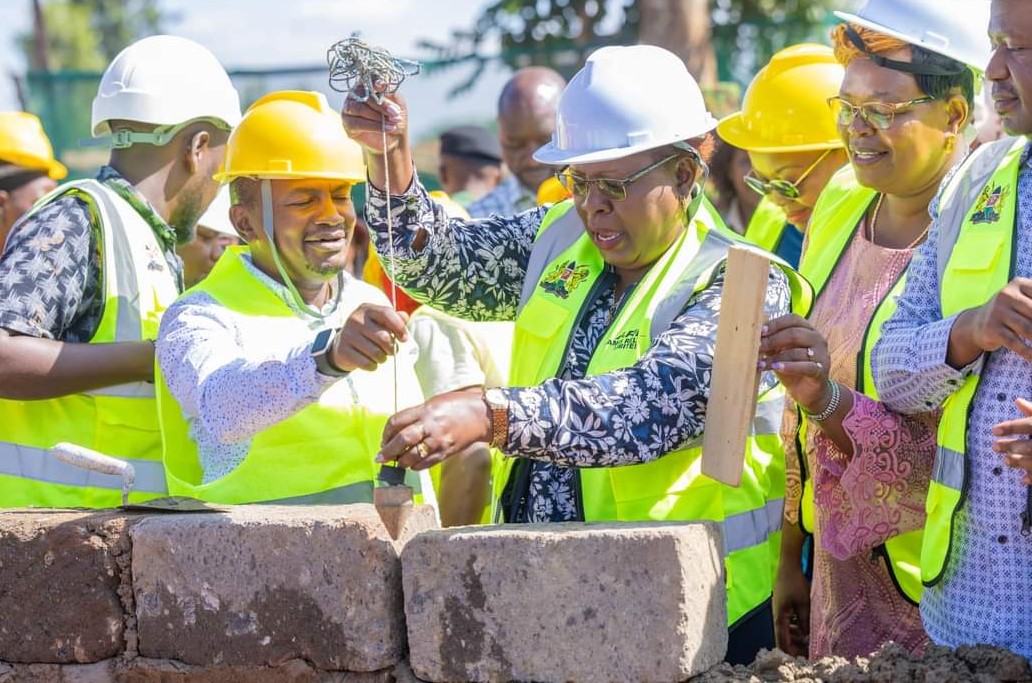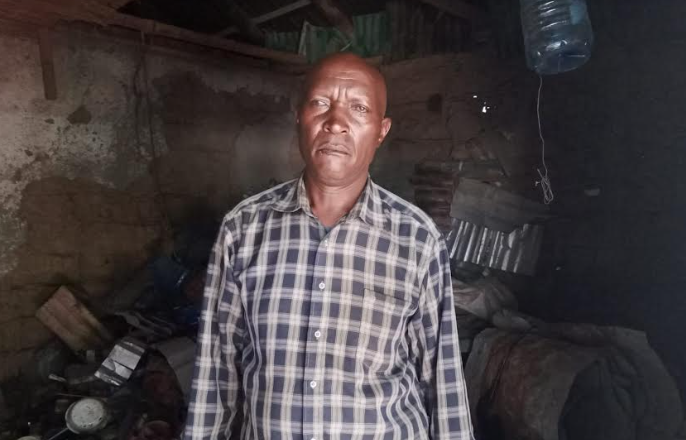
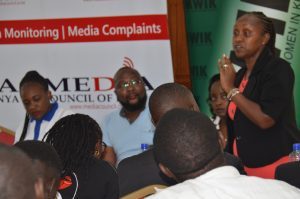
Kenyans have over the past celebrated New Year with a set of resolutions that would steer them through another year. Unlike, previous times, 2020’s plans were interrupted by the arrival of a deadly virus that saw the disruption of services and lifestyle for most people.
It all began with the first Novel Corona virus case that was discovered in Wuhan, China in December last year. In a span of three months the singular case multiplied turning into a global pandemic as declared by the Director-General of World Health Organization (WHO), Dr. Tedros Adhanom Ghebreyesus. As of now, more than 213 Countries have recorded infections causing the positive cases to rise to more than 7 million with nearly half a million fatalities globally.
On March 13, 2020, the Ministry of Health reported the first Coronavirus case in Kenya. Three months later, Covid-19, the name the disease was given by the WHO coverage has dominated the media as journalists work tirelessly to be well informed and cover this historical event ethically. To do this, health reporters have put themselves on the line in a bid to bring the world the right information. This has prompted the Media Council of Kenya (MCK) to launch the first health reporting grant for journalists. The collaboration with Open Society Initiative for Eastern Africa (OSIEA) has so far been conducted in two rounds and will see up to 500 MCK-accredited journalists receiving grants ranging from Sh 1,000 to Sh 25,000 to facilitate their reporting and coverage of the Covid-19 pandemic in Kenya.
Since the beginning of the pandemic, journalists have had a myriad of challenges ranging from getting the correct information to putting their lives at risk. Ann Mwangemi and Veronica Bosibori, both Kenya News Agency journalists and first round of grant beneficiaries have witnessed the challenges first hand in Covid-19 reporting. For Ann, in her line of work, she understands the delays that can come up when covering Covid-19 stories that can frustrate her efforts.
“It is a challenge getting the right answers from the right people on sensitive topics when it comes to Covid-19,” she added.
Veronica, on the other hand, noticed that the public wants conclusive answers and not suggestions.
“I have noted with concern the lack of understanding and appreciation by Kenyans on scientific solutions which leads them to accept auxiliary theories, rumors and speculations, more easily than facts,” the Nakuru based journalist added.
Christine Nguku, the Manager, Training and Media Development Officer at MCK has observed the plight of reporters when covering Covid-19 stories. She acknowledges that journalists have been tasked with generating stories from a new occurrence affecting the world but with only scarce verified information.
“Journalist and reporters have few credible news sources to approach for stories on Covid-19. Members of the public as well are reluctant to speak about the disease and in some cases they are in denial that the disease exists.”
This has been echoed by the Ag. Director Department of Information, Vitallis Ragul who adds that the media has a key role in ensuring the right information that comes from the Ministry of Health is disseminated.
“Health reporters have a duty to go beyond the obvious by doing comprehensive stories that monitor on the public’s compliance to the Ministry of Health directives. They should not tire on reminding their audience on the importance of adherence to the government’s pre-cautionary guidelines,” he added.
In a move to control inter-County transmission of the virus, President Uhuru Kenyatta ordered a cessation of movement in and out of some including the larger Nairobi Metropolitan area, Mombasa, Kilifi and Kwale Counties. A dawn to dusk curfew was also imposed nationwide that ensures no pedestrians, passengers aboard any form of vehicle, motorcycle, bicycle, aircraft or train moving about without a special permit.
The permission may take a long process to achieve a fact which can affect time-sensitize news stories. Ms. Nguku acknowledges this challenge as journalists are required to have special passes to get stories from counties under the cessation of movement. Then again, she underscores that not all journalists have the special media pass as not everyone needs to travel beyond their regular duty areas even with the pandemic guidelines.
“The council, in consultation with editors, is issuing special media passes to a number of reporters in various media houses. The limitation of the special passes is a protective measure to ensure not many journalists are exposed to Covid-19 through uncontrolled travel.”
Getting access to the story can be considered half the battle as the next challenge would be getting the correct information. Health journalism, which is the reporting of health-related information and news through various sources of media, is different from the other kind of reporting.
This is because it uses specialized medical jargon and the understanding and interpretation of medical data. This type of journalism is known to act as a bridge between the scientists and the public by simplifying and packaging the message for better understanding by the common person for whom the information is intended.
“Scientific medical reporting would entail the distribution of timely and concise information that the audience will instantly digest and relate to. Take for instance the use of masks in combating Covid-19. The viewer will be told the importance of proper use of masks to cover their noses and mouths not their chins” Mr. Ragul further explains
For Veronica, a practicing health reporter, working with scientists has not been easy with some unwilling to talk to people they perceive as alarmists who concentrate on politics. Despite this, she has somehow managed to overcome that obstacle.
“Despite them being relegated to the background by society and the media, l have closely worked with scientists in the past who introduced me to other scientists making the reporting process of Corona virus manageable, “she adds.
In most cases, health journalists are not necessarily healthcare providers, nor do they have a background in health sciences. Ms. Nguku recognizes this challenge adding that journalists may lack sufficient research skills required for reporting health.
“Journalists lack specialization in the subject of health and this presents a challenge in understanding of the science of health and interpretation of data and information for consumption of audiences.”
This is why the health journalist needs to be trained in order to get the accurate scientific facts. MCK through its Africa Media Academy addresses this challenge through a training and mentoring programme. The training seeks to refresh journalists’ skills through mentors who guide reporters on the best ways to handle stories. The training also sensitizes journalists on emerging trends in health reporting and new understanding of health challenges in today’s world.
“Under the Health Reporting Grants, all those awarded were assigned mentors to help them navigate through their topic/story angle to ensure accuracy, fairness, ethics and use of multiple voices.”
Despite all the challenges they face, reporters have proved to be resilient in overcoming the obstacle and providing consistent news. The health grant programme by MCK and OSIEA recognizes the need to have enhanced reporting of health issues in the country, particularly during the Covid-19 pandemic. Ms. Nguku who is also a renowned journalist, adds that the grant was meant to encourage and facilitate journalists to highlight gaps, successes, innovations and impact of health related issues on Kenyans daily lives.
Health reporting has proved to be essential in debunking myths and sensitizing the public using factual information since 1984 when the first HIV case was diagnosed. The media has the ability to set the agenda for the public and frame conversations. Despite so, a great amount of power comes with a greater amount of responsibility. Health reporters are expected to exercise the highest standards of ethical journalism when covering Covid-19 to avoid creating panic.
Social media has been used by most Kenyans to familiarize themselves with the pandemic. This has come in the form of media coverage on other affected countries such as Italy and China, infographics and short clips.
The danger of this is that most of this information is unfiltered with some message causing panic and wide spread of myths and misconception of Covid-19. Knowing this, the Council’s media monitoring unit is always highlighting inaccuracies in information disseminated to the public by the media, and is quick to point out such inaccuracies to editors for correction. According to Ann, health reporters should be on the frontline informing the public with the correct message while giving hope to the public.
“The media should not create havoc in their coverage rather release as much positive stories as possible to the public and give hope to Kenyans,” the KNA journalist says.
Despite all the challenges and the risks health reporters have faced to bring the story, the continuous pursuit of truth has been a guiding force. Ann Mwangemi encourages health journalists to push on despite the obstacles and get the story. Her sentiments are echoed by Mr. Ragul who believes in not giving up.
“Health reporters should not tire even if the virus seems not to have an end,” he concluded.
History will remember the brave and the bold who risked it all to get the story. The health grant has made it possible for journalist such as Ann and Veronica to bring the story to the people. As they do so, initiatives such as the MCK are welcomed in encouraging journalist to go the extra mile
By Abigail Munene

